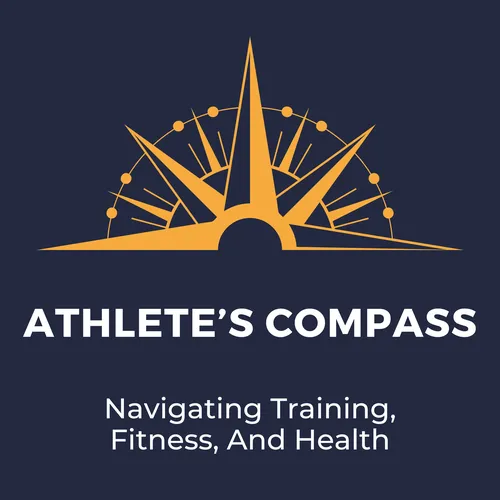Train Smarter with Athletica: Busting Myths on Salt, Fueling & Fat
- Author
- Athletica
- Published
- Sat 29 Mar 2025
- Episode Link
- https://athletica.ai/the-athletes-compass-podcast/train-smarter-with-athletica-busting-myths-on-salt-fueling-fat
In Episode 70 of The Athletes Compass, hosts Paul Warloski, Dr. Paul Laursen, and Marjaana Rakai bust major endurance training myths with science-backed insights. From the ineffectiveness of sodium supplementation during exercise to the power of maintaining blood glucose over muscle glycogen, this episode is packed with paradigm-shifting ideas. They also explore fasted training, metabolic flexibility, and why fat is the endurance athlete's forever fuel. Listeners get a masterclass in power profiling, testing methodologies, and how to optimize training for individual physiology. It’s endurance science with a practical edge.
Key Takeaways
- Sodium During Exercise Is Overrated: No scientific evidence supports sodium supplementation during exercise to prevent cramps, dehydration, or improve performance.
- Power Profile Testing > Ramp Tests: The Athletica power profile provides broader insight into an athlete’s anaerobic and aerobic capacities.
- Short Intervals for Twitchy Athletes: Short VO2 max intervals are more effective for sprinter-type athletes than long intervals.
- Critical Power Curve Guides Training Zones: Accurate power profiling helps set effective training zones for peak performance.
- Blood Glucose Trumps Muscle Glycogen: New research shows maintaining blood glucose may be more critical for endurance than glycogen stores.
- Fasted Training Builds Fat Adaptation: With consistency, athletes can train the body to become metabolically flexible and use fat efficiently.
- Insulin Regulates Fat Usage: Lower insulin levels from low-carb diets promote fat burning and intramuscular fat storage.
- Fat Is a Superior Long-Term Fuel: At 9 kcal/g, fat provides longer-lasting energy than carbohydrates.
- Paul Warloski - Endurance, Strength Training, Yoga
- Marjaana Rakai - Tired Mom Runs - Where fitness meets motherhood.
